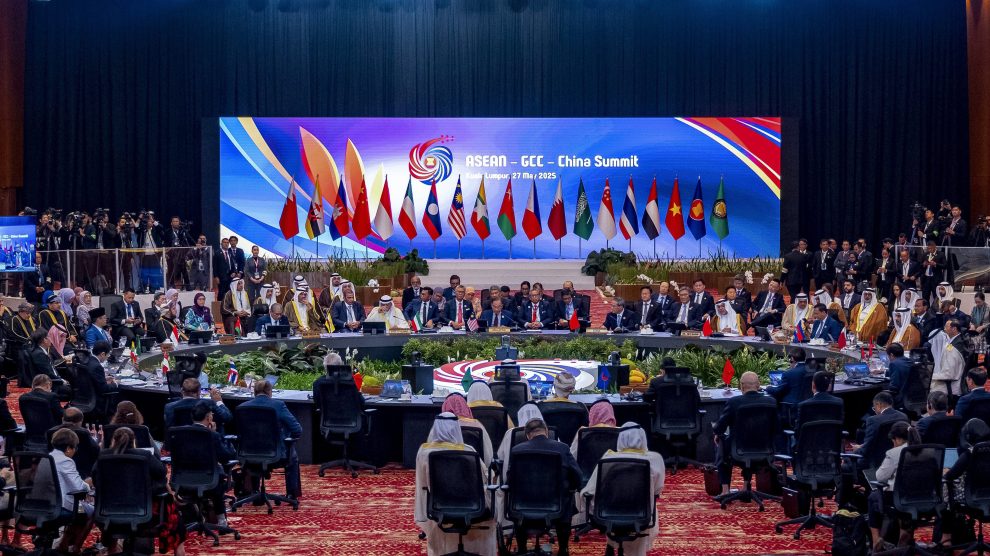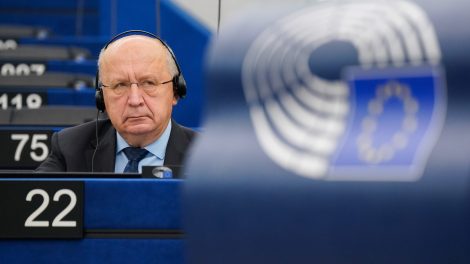Decoding the news. The ASEAN Summit in Kuala Lumpur showcased the bloc’s long-term ambitions through the “ASEAN 2045” declaration, aiming for inclusive growth, green and digital transitions, and greater global relevance.
- While the region draws increasing attention from the US, China and the Gulf, Italy remains largely absent from the conversation.
- At a time when ASEAN is deepening ties with strategic partners and reinforcing intra-regional solidarity, Rome can’t risk missing the momentum to position itself as a credible and proactive player in Southeast Asia.
Expert’s take. Giuseppe Gabusi, head of T.wai’s Indo-Pacific Program and an Associate Professor at the University of Turin, argues that alongside India, ASEAN is a key partner for Italy’s strategic projection into the Indo-Pacific.
- “In an increasingly fragmented international order, middle powers such as Italy and the states of Southeast Asia have a crucial role: defending the principles of international law and cooperation.”
- “In this respect, Italy — drawing on its experience within the European Union, its commercial strength and cultural appeal, and the absence of a colonial past in the region — can and should support ASEAN’s efforts to maintain its centrality.”
What we’re watching. As the ASEAN 2045 vision takes shape, Italy can still carve out a role — but that requires moving from rhetorical support to structured engagement, aligning national interests with European priorities in the Indo-Pacific.
- For years, the European Union and ASEAN have been working toward a Free Trade Agreement — could 2025 finally be the year it materializes? (Go deeper with this John Cabot University’s event).





